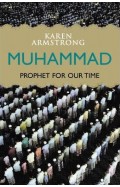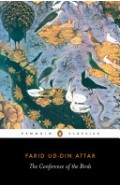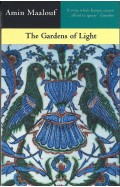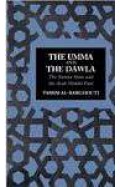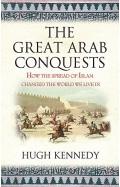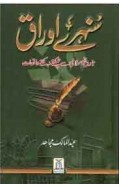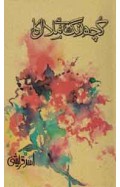Degrees Of Excellence: A Fatmid Treatise On Leadership In Islam - (HB)
By: Arzina R. Lalani
-
Rs 2,252.25
- Rs 4,095.00
- 45%
You save Rs 1,842.75.
Due to constant currency fluctuation, prices are subject to change with or without notice.
One of the most distinguished scholars of his time, Ahmad b. Ibrahim al-Naysaburi lived during the height of Fatimid rule in Egypt. He came from Nishapur, the centre of the Ismaili da'wa in Khurasan, a thriving centre of learning particularly noted for its use of rationalistic philosophy. Several important works are accredited to him, but it is the Kitab ithbat al-imama which is of particular significance for the development of philosophy in medieval Islamic thought. In this work, presented here in a new edition and translation, al-Naysaburi allows us to understand not only the significance of his own thought, but also the beliefs of his age. Rather than basing his assertions exclusively on the authority of the Qur'an and hadith, he applies rational tools to explain his theology, providing a philosophical affirmation of the imamate by presenting a range of arguments, foremost amongst which is the theory of the 'degrees of excellence'. Degrees of Excellence offers the first book-length study of this hitherto unknown scholar of the early 5th/11th century. This invaluable source of Fatimid historiography will prove essential reading for students of Islamic history, philosophy and theology. It will also serve as a useful reference for modern Shi'i communities of all persuasions.
One of the most distinguished scholars of his time, Ahmad b. Ibrahim al-Naysaburi lived during the height of Fatimid rule in Egypt. He came from Nishapur, the centre of the Ismaili da'wa in Khurasan, a thriving centre of learning particularly noted for its use of rationalistic philosophy. Several important works are accredited to him, but it is the Kitab ithbat al-imama which is of particular significance for the development of philosophy in medieval Islamic thought. In this work, presented here in a new edition and translation, al-Naysaburi allows us to understand not only the significance of his own thought, but also the beliefs of his age. Rather than basing his assertions exclusively on the authority of the Qur'an and hadith, he applies rational tools to explain his theology, providing a philosophical affirmation of the imamate by presenting a range of arguments, foremost amongst which is the theory of the 'degrees of excellence'. Degrees of Excellence offers the first book-length study of this hitherto unknown scholar of the early 5th/11th century. This invaluable source of Fatimid historiography will prove essential reading for students of Islamic history, philosophy and theology. It will also serve as a useful reference for modern Shi'i communities of all persuasions.
Degrees Of Excellence: A Fatmid Treatise On Leadership In Islam - (HB)
By: Arzina R. Lalani
Rs 2,252.25 Rs 4,095.00 Ex Tax :Rs 2,252.25
Early Shi'i Thought - The Teachings of Imam Muhammad al-Baqir
By: Arzina R. Lalani
Rs 165.00 Rs 300.00 Ex Tax :Rs 165.00
Zubin Mehta: A Musical Journey (An Authorized Biography)
By: VOID - Bakhtiar K. Dadabhoy
Rs 472.50 Rs 1,050.00 Ex Tax :Rs 472.50
1001 Inventions The Enduring Legacy Of Muslim Civilization
By: Salim T S Al-Hassani
Rs 5,001.75 Rs 7,695.00 Ex Tax :Rs 5,001.75
Goodnight Stories from the Life of Sahabah PBUH
By: Saniyasnain Khan
Rs 3,775.50 Rs 4,195.00 Ex Tax :Rs 3,775.50
No similar books from this author available at the moment.
No recently viewed books available at the moment.
Zubin Mehta: A Musical Journey (An Authorized Biography)
By: VOID - Bakhtiar K. Dadabhoy
Rs 472.50 Rs 1,050.00 Ex Tax :Rs 472.50
Degrees Of Excellence: A Fatmid Treatise On Leadership In Islam - (HB)
By: Arzina R. Lalani
Rs 2,252.25 Rs 4,095.00 Ex Tax :Rs 2,252.25
Early Shi'i Thought - The Teachings of Imam Muhammad al-Baqir
By: Arzina R. Lalani
Rs 165.00 Rs 300.00 Ex Tax :Rs 165.00












-313x487.jpg?q6)
-120x187.jpg?q6)
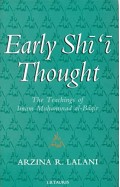
-120x187.jpg?q6)





